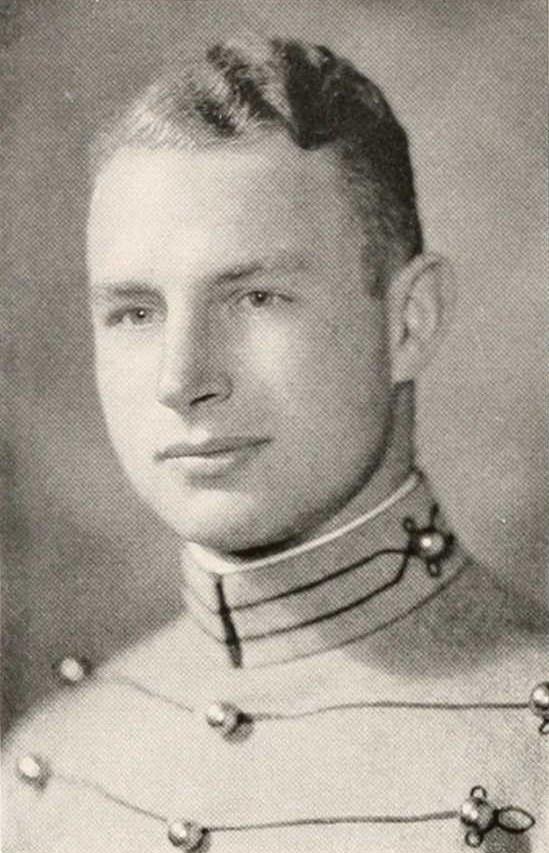Major General Norman Basil "Curly" Edwards
1911 - 1998

From West Virginia Coal Country to Military Leadership
Quick Facts
Born: March 2, 1911 in Quincy, Kanawha County, West Virginia
Died: November 4, 1998 in Pomona, California
Education: West Point, Class of 1935
Final Rank: Major General
Wars Served: World War II, Korean War
Notable Award: Silver Star (Bridge at Remagen)
Early Life
Born in a coal mining town to Norman Alamander Edwards and Grace Phillips Cotton Edwards, young Norman's early life was shaped by determination and hard work. His daily journey to school embodied this spirit - a five-mile train ride to Cedar Grove, followed by a half-mile walk, a rowboat ferry crossing of the Kanawha River, and another half-mile walk to reach Cabin Creek District High School.
Despite his father's wish for him to continue working at the railroad after high school, Norman pursued higher education with his mother's support. At New River State College (now West Virginia University-Tech), he discovered his passion for football and later earned his place in the school's Athletic Hall of Fame.
Military Career
1935: West Point Graduate
Commissioned as Second Lieutenant, assigned to 18th Infantry at Fort Hamilton
1937: Hindenburg Disaster
Led squad at Lakehurst, New Jersey during the Hindenburg's final voyage
1942-1945: World War II Service
Operation Torch planning, Battle of the Bulge, Bridge at Remagen
1946: Arctic Operations
Led "Exercise Musk Ox" studying military operations in extreme Arctic conditions
1950s: Korean War
Commanded 25th Infantry Division
1967: Retirement
Retired as Major General after 32 years of distinguished service
Notable Awards
Military Honors
- Silver Star
- Legion of Merit
- Army Distinguished Service Medal
- Bronze Star
- Korean Presidential Unit Citation
Other Achievements
- West Virginia Tech Athletic Hall of Fame (1959)
- Professional Football Player (Brooklyn)
- Pioneer in Arctic Military Operations
- Innovative Military Strategist
Legacy
Major General Edwards' life journey from a small coal mining town to the highest ranks of military leadership exemplifies the American dream. His contributions to military strategy, particularly in logistics and Arctic warfare, left a lasting impact on U.S. military capabilities.
He is remembered not only for his military achievements but also for his innovative thinking, demonstrated by his three-pronged invasion strategy for Operation Torch and his leadership in exploring Arctic warfare capabilities through Exercise Musk Ox.
Major General Edwards was laid to rest with full military honors at West Point Cemetery, where his remarkable journey began as a cadet.